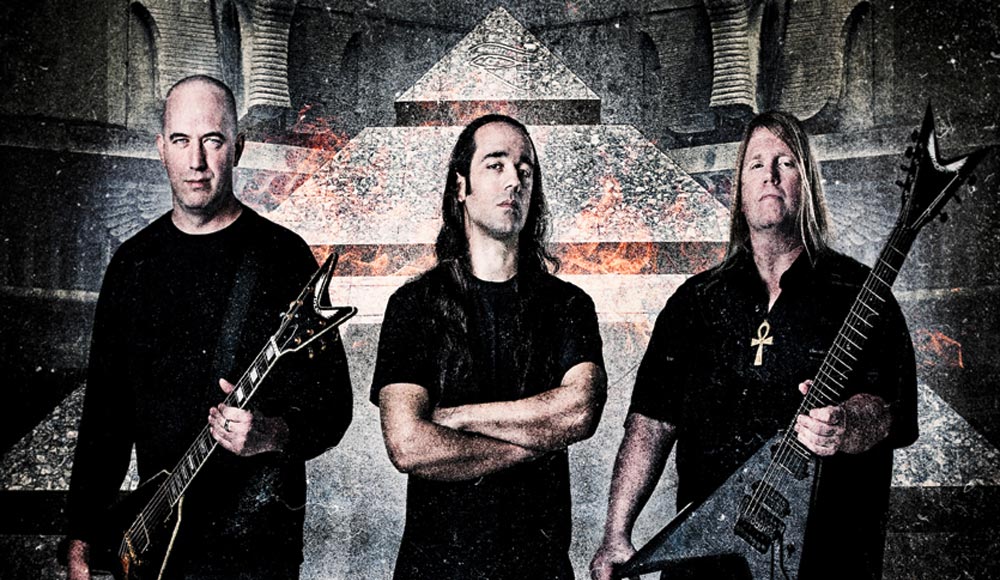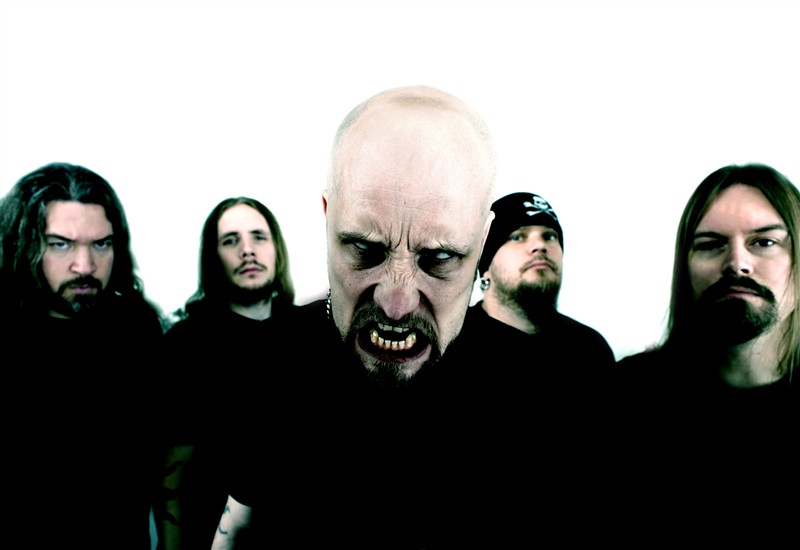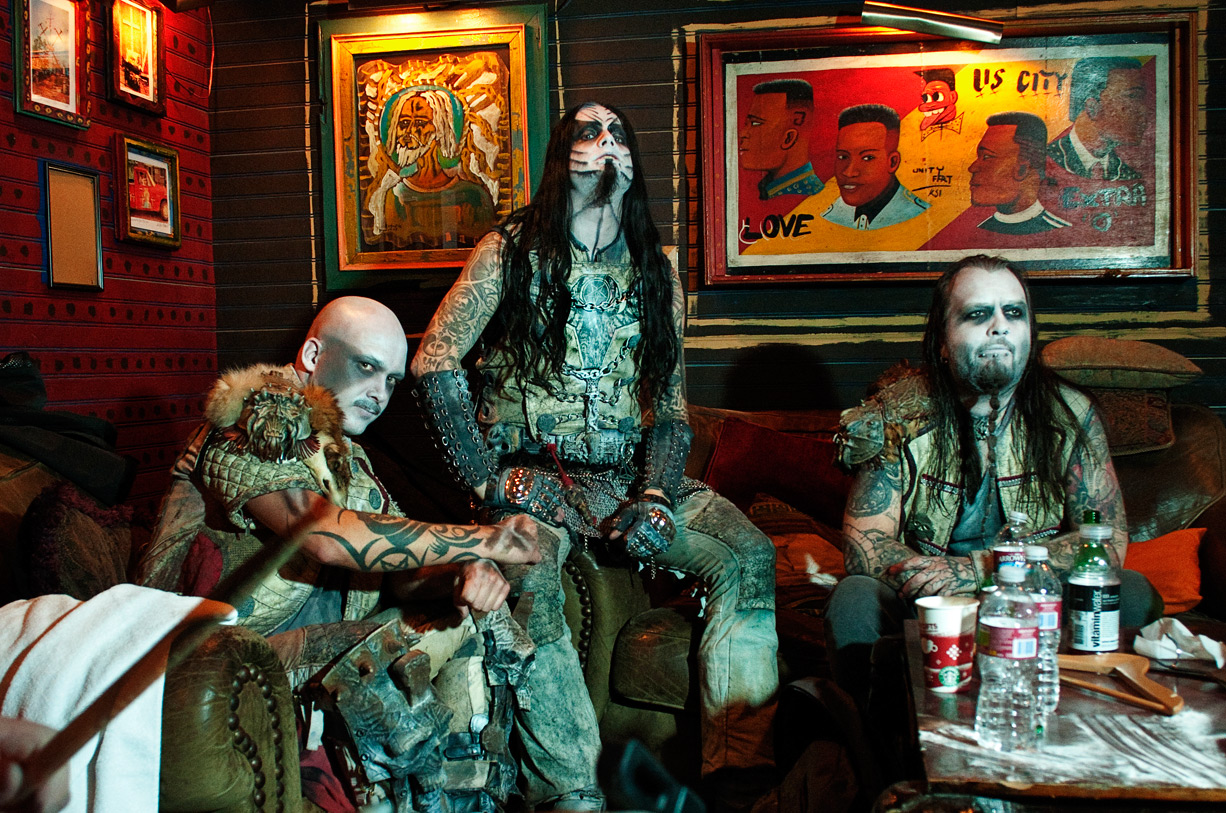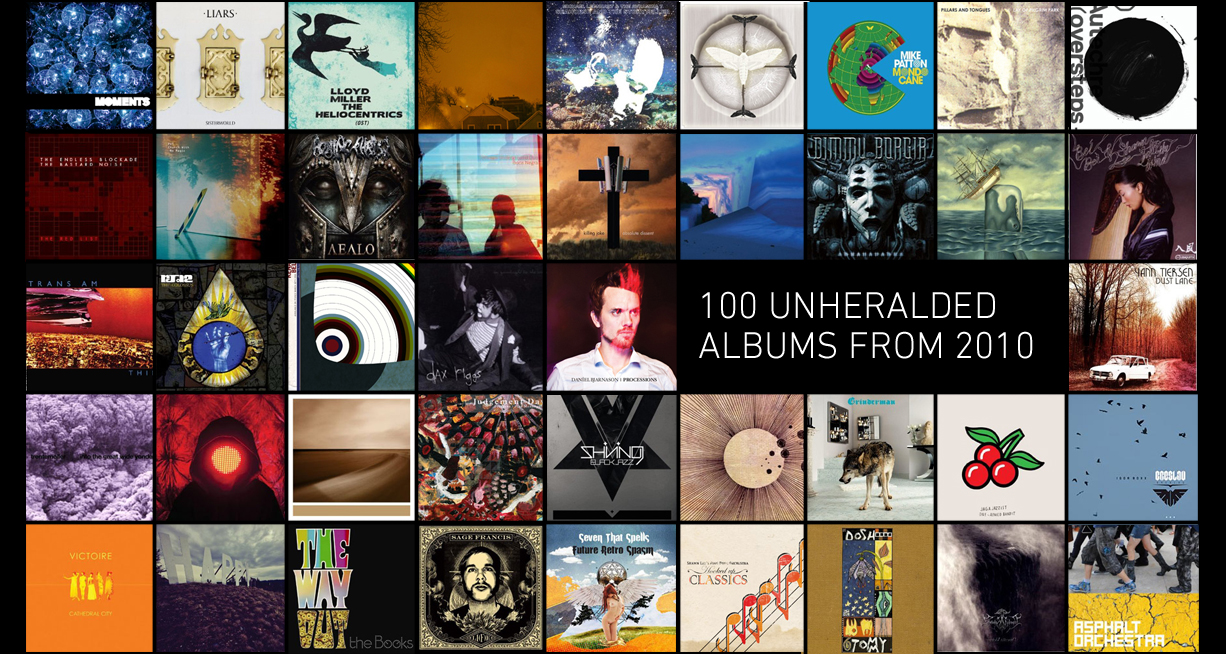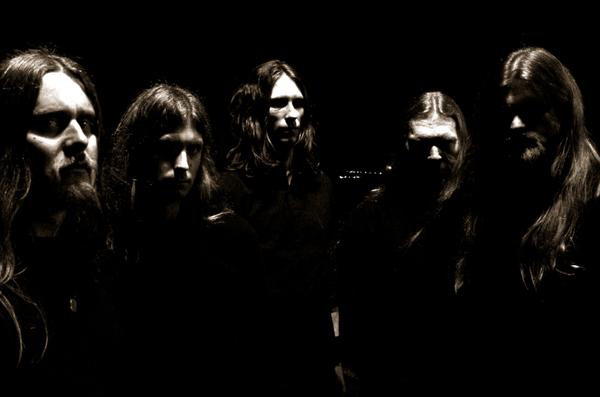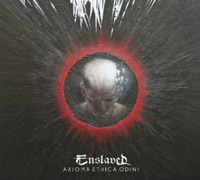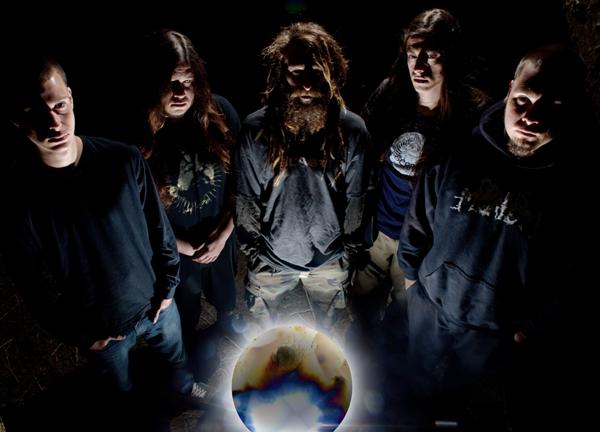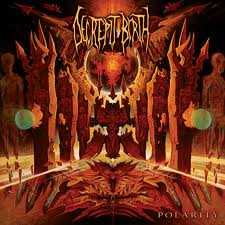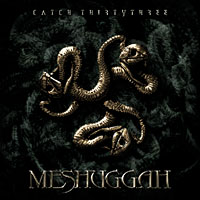
Meshuggah: “Re-Inanimate” (Catch Thirtythree, Nuclear Blast, 5/30/05)
[audio:https://alarm-magazine.com/wp-content/uploads/2011/01/05-Re-Inanimate.mp3|titles=Meshuggah: “Re-Inanimate”]
Extreme metal band Meshuggah tends to do exactly what it wants. That attitude has spawned some of the heaviest and most progressive metal of the past two decades. On its 2005 album, Catch Thirtythree, its disregard for convention came in the form of programming software, used to produce all of the drum sounds on a long-form score-style epic. Drummer Tomas Haake and vocalist Jens Kidman explained the process of making the album, and the advantages and stigmas of the “Drumkit from Hell.”
The Drumkit from Hell and the Making of Catch Thirtythree
Tomas: Basically, the Drumkit from Hell is stuff we use on a daily basis whenever we’re writing songs, and the main difference with Catch Thirtythree is that instead of me as the drummer learning the songs, we just kept them programmed on the record. There are a few different reasons for that. Mainly, what we wanted to do with that album — this was an idea that we had for probably 10 years — we wanted to do an experimental piece that was just a one-track full-length album. That album was the first and only album that we’ve written as a band, sitting around the same computer, just trying to improvise and come up with guitar riffs and stuff like that.
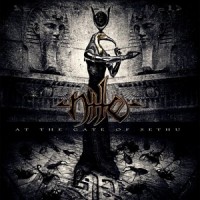 Nile: At the Gate of Sethu (Nuclear Blast, 7/3/12)
Nile: At the Gate of Sethu (Nuclear Blast, 7/3/12)
